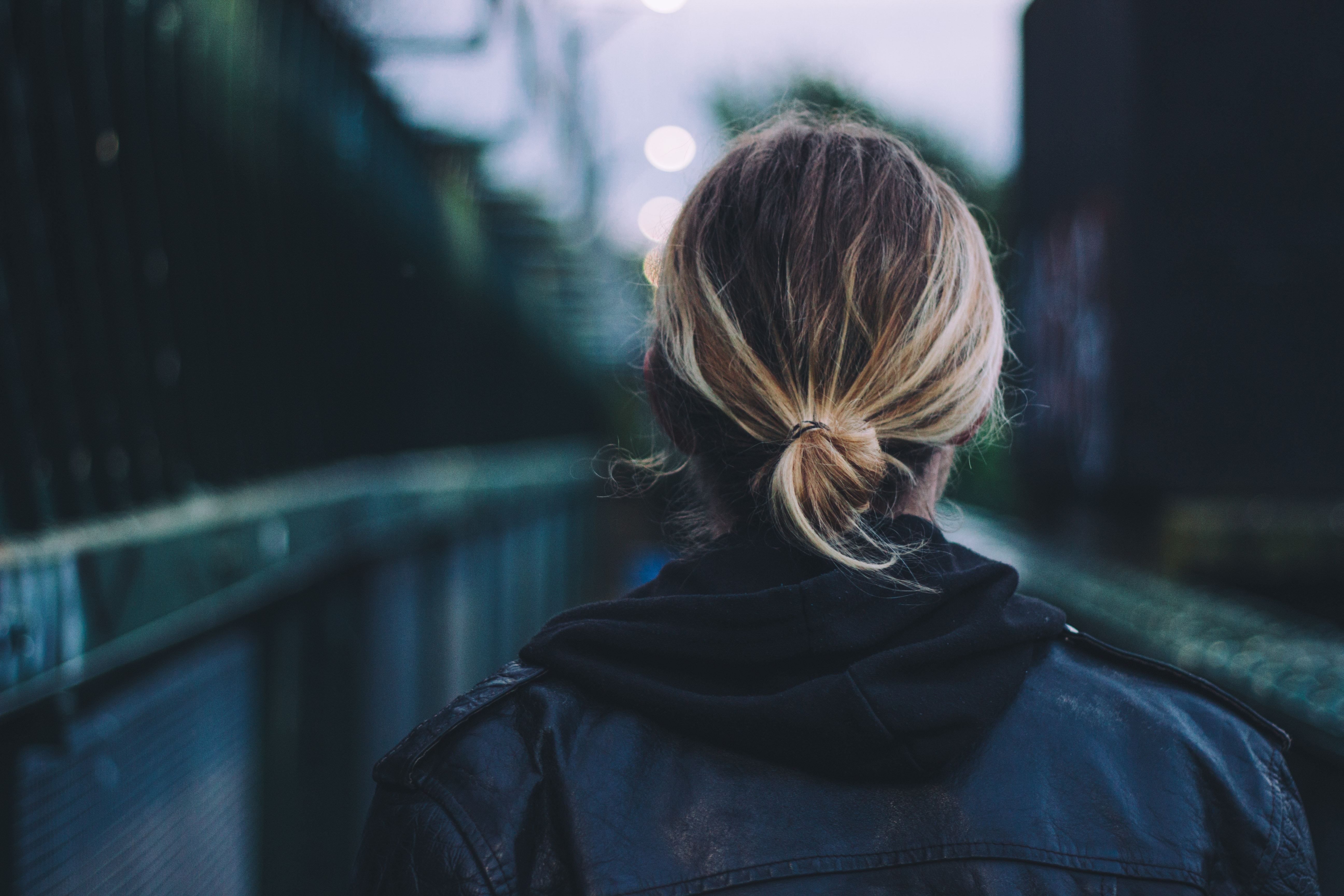Their Only Power Is Pretending You Don’t Have Any: How Speaking About My Secrets As a Survivor Set Me Free

In early October, the Huffington Post published an exposé about pervasive sexual violence in the elite high school debate community. After reading it and watching it make the rounds on social media, I decided it was time to tell my complete story so that other survivors wouldn’t be trapped with their abusers for no other reason than that they feel alone and fear they won’t be believed. So I wrote the truth — my whole truth, including many messy details — after years of living in fear of being called a “bad” survivor or being treated as a pariah should I choose to do so.
When I was 16, a 25-year-old coach in my debate program groomed me, repeatedly assaulted me, and forcibly raped me. I reported him when I was 18, but went back to being involved with him until I was 20. I was not a “perfect survivor” or “good victim,” so I didn’t speak out.
I now know that those types of survivors don’t actually exist. While popular culture and the legal system like to pretend that there’s a “right” way to be a survivor — to immediately report a rape after it happens, then dutifully go through the legal process, and then talk about how the experience hurt you and “move on.” But that’s not the science of trauma; there isn’t any “right” way to respond to these experiences. It’s exceptionally common for survivors to exist in a less linear, more messy world of half-truths and convenient exclusions, like “It was a bad night, he’s not usually like that”; “He’s angry, but it’s because we’re so passionate and I make him crazy”; “He didn’t do this intentionally”; “This isn’t real abuse, it’s not pedophilia, I’m special and different”; “This is what I deserve.”
I lived in this world for a long time because I needed it. If I faced the truth, I’d have to confront the truth, and that would be devastating.
Then, the associate director of my debate team first noticed my attacker’s abuse toward me and others in the program. He coerced me into covering it all up based on the threat that my parents would find out. This was an easy threat for me personally, as the professor making that threat knew I had left home to escape abuse I had experienced there.
When I first left my rapist, he responded by saying I wouldn’t go to someone else because “nobody else is bad enough for you.” When I told the associate director, he laughed in my face and said, “It’s funny, because it’s true.”
Survivors are conditioned through rape culture, slut-shaming, victim-blaming, and the basic Madonna/Whore complex to think that there is a “good” or “bad” way to be victimized. Yet there isn’t a single survivor I know, regardless of how objectively their story fits the elusive “good victim” mold, who hasn’t been gaslit into second-guessing or blaming themselves. None of us are safe from it, no matter who attacked us, what we were wearing, how old we were, or how forcefully we fought back. I was taught to think that it was me, just like we all are. That I had done this, that it was all my fault, that I was just bad and, by the way, that’s the only reason that people would ever love me. It’s a tactic that permeates rape culture’s strategies against survivors in nearly every field, from Kesha’s abuser cultivating her “party girl” image just to use it as ammunition in order to discredit her to Harvey Weinstein’s lawyers attacking survivors for the supposed “benefits” they received from his attention.
During the lawsuit that resulted from my eventual Title IX case, that rhetoric was used against me by hundreds of people. I was called promiscuous, insane, and an outright liar because I had gone back to an abusive relationship. I was told I should feel ashamed. I was told I was an anomaly, an enigma, an example of a survivor that nobody would understand or sympathize with. Those lies only served to make me gravitate back toward the man who had abused me, and the more entrenched I got with him, the more I felt like it was all true. It took years of trauma therapy to advance past that vicious cycle.
Now, I realize how weak rape culture is. It feeds off of myths incompatible with what we factually know, like how a vast majority of assault victims are attacked by someone they know or how intimate partner violence victims take an average of seven attempts to leave an abusive relationship before it sticks, or how teenage girls uniquely respond to grooming. There isn’t any wrong story to tell as a survivor or incorrect way to make it to the other side. I took back my story from everything that tried to make me feel unworthy, and I have been humbled to others taking back their own narratives as a result.
With every bit of truth we speak, every part of our stories we reclaim, and every piece of shame we remove, we chip away at the system that thrives off abusing us in the first place. Rape culture subsists on our fear, and every time we fearlessly embrace our authenticity, it crumbles a little. I think we will live to see it crumble completely.
After revealing this truth to my community, and learning I wasn’t the only one who went through such an experience, I have realized an unalienable fact: Survivors are unstoppable in a world where they realize rape culture can only exist if it succeeds in convincing us that we don’t wield any power.
More articles by Category: Violence against women
More articles by Tag: Rape, Sexual assault, High school


























